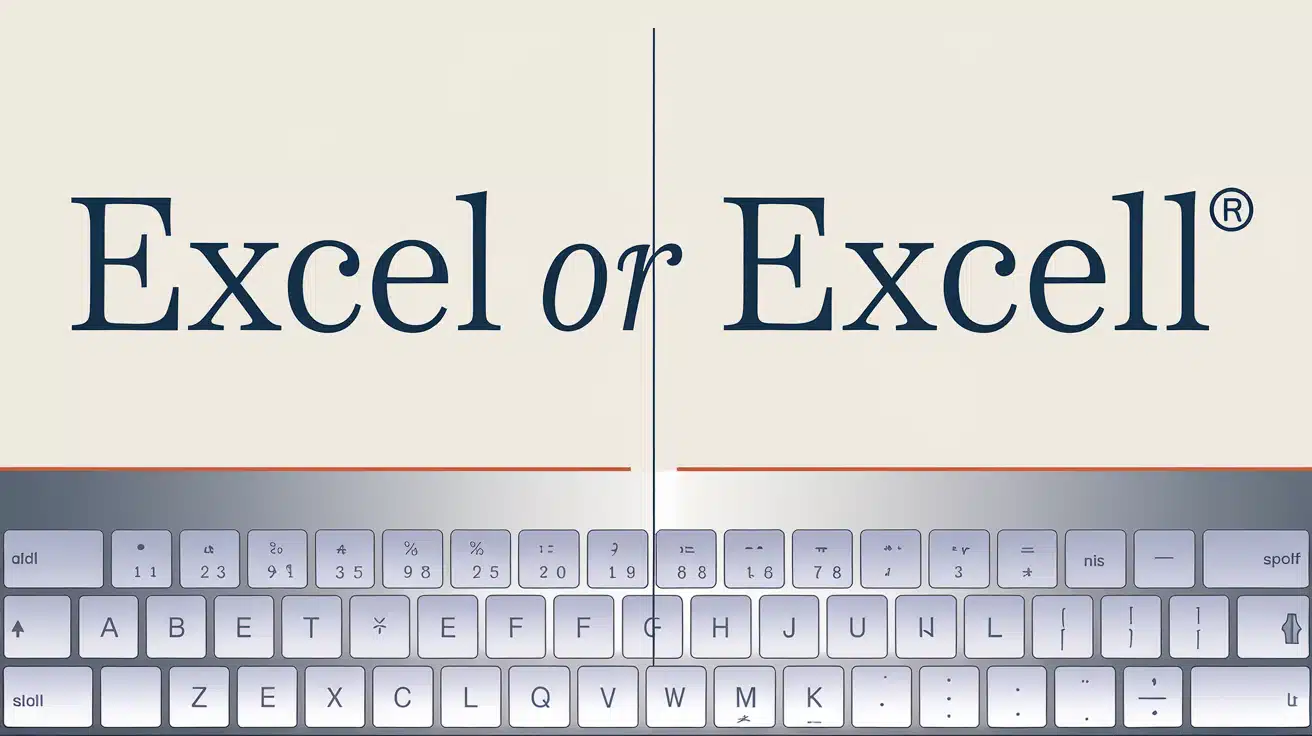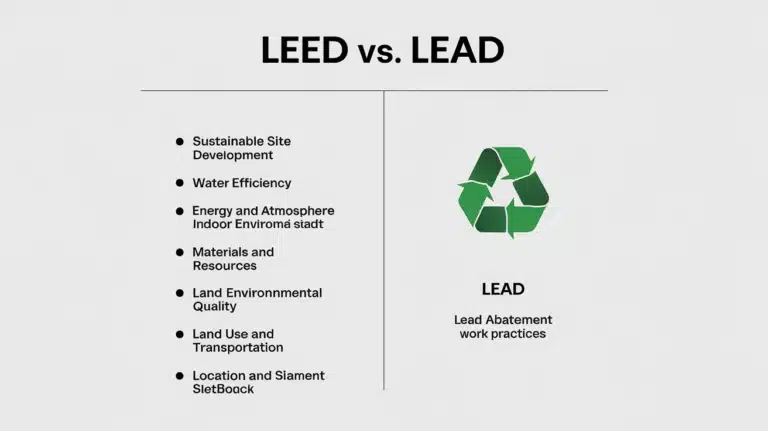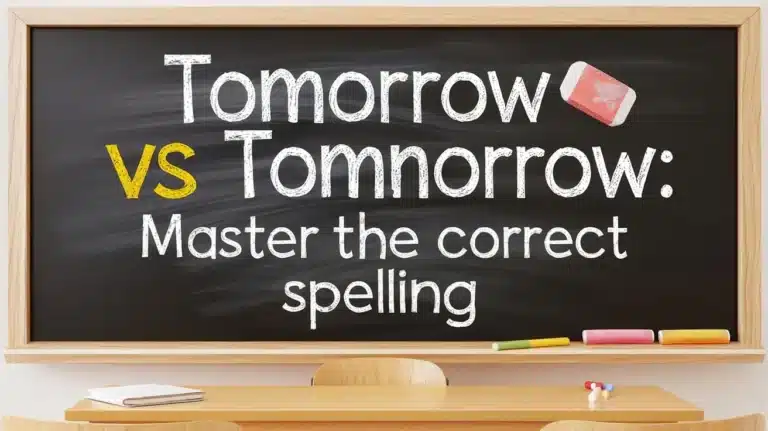Excel or Excell: Mastering the Correct Spelling and Beyond
In English spelling and writing communication, few words cause as much confusion as the verb “excel or excell.” Is it spelled with one ‘l’ or two? This comprehensive guide will answer that question and delve into the rich history, usage, and impact of this powerful word. Whether you’re a student striving for exceptional performance or a professional using Microsoft Excel for data analysis, understanding the nuances of “excel” is crucial for clear and effective communication.
The Spelling Showdown: Excel or Excell
The Correct Spelling Unveiled
Let’s cut to the chase: the correct spelling excel or excell is “excel” with one ‘l’. This applies whether you’re using it as a verb to describe outstanding achievement or referring to the popular computer program for organizing information.
Read About : Skill Set, Skillset, or Skill-Set: Mastering the Art of Professional Language
Excel as a Verb
As a verb, “excel” means to surpass others or be superior in performance. It’s often used in contexts of academic, professional, or personal achievement. For example:
- “She excels in mathematics.”
- “Our team excelled in the annual competition.”
- “He strives to excel in everything he does.”
Excel as a Brand Name
When capitalized, Excel refers to Microsoft Excel, the widely-used spreadsheet software that’s part of the Microsoft Office suite. This educational tool and business staple has become synonymous with data analysis and financial modeling.
Excell: The Mistaken Doppelganger
“Excell” is a common misspelling that occurs due to several factors:
- Confusion with words that do double the ‘l’ (like “sell” or “tell”)
- Overcompensation for the rule of doubling consonants in certain verb forms
- Visual similarity to “excellent,” which does have two ‘l’s
Using “excell” instead of “excel” can have consequences, especially in professional settings:
- It may be perceived as a lack of attention to detail
- It could undermine the credibility of your writing
- In extreme cases, it might even affect search engine optimization (SEO) for online content
The Evolution of “Excel” in English
Historical Usage and Etymology
The word “excel” traces its roots back to the Latin language. It comes from the Latin “excellere,” which is composed of “ex” (out, beyond) and “celsus” (lofty, high). This etymology reflects the word’s meaning of rising above or surpassing others.
| Time Period | Spelling Variation | Notes |
|---|---|---|
| 15th Century | Excelle | Old French influence |
| 16th Century | Excell | Common in Early Modern English |
| 17th Century onwards | Excel | Standardized spelling |
The single ‘l’ spelling became standard as English spelling rules evolved and solidified, particularly after the publication of influential dictionaries in the 18th century.
Excel in Action: Verb Forms and Usage
Understanding how “excel” changes in different tenses is crucial for proper usage:
- Present tense: excel (e.g., “I excel at problem-solving.”)
- Past tense: excelled (e.g., “She excelled in her studies last year.”)
- Present participle: excelling (e.g., “He is excelling in his new role.”)
Notice that in the past tense and present participle, we do double the ‘l’. This follows the rule for words ending in an unstressed vowel + consonant.
Excel vs. Exceed: Understanding the Nuance
While “excel” and “exceed” both involve surpassing expectations, they have distinct usages:
- Excel: Generally implies consistently superior performance or quality.
- Example: “The student excels in all her subjects.”
- Exceed: Often used for going beyond a specific limit or expectation.
- Example: “The team’s sales exceeded their quarterly targets.”
Excel in Popular Culture
The concept of excelling has permeated popular culture, inspiring countless quotes and expressions:
“The will to excel and the will to win, they endure. They are more important than any events that occasion them.” – Vince Lombardi
This quote emphasizes the enduring nature of the drive to excel, showcasing its importance beyond individual achievements.
Common Mistakes and How to Avoid Them
To avoid spelling errors, remember these tips:
- Visualize: Picture a single ‘l’ standing tall, excelling above the rest.
- Associate: Link “excel” with “excellent” – both have only one ‘l’ in “excel”.
- Practice: Regular writing and proofreading will reinforce the correct spelling.
Excel Across Languages
The concept of excelling is universal, but its expression varies across languages:
- French: exceller
- Spanish: sobresalir
- German: sich auszeichnen
- Japanese: 抜きん出る (nukinderu)
For non-native English speakers, focusing on the root “excel” and understanding its consistent spelling across various forms can aid in mastering its usage.
The Psychology of Spelling Errors
Our brains often “autocorrect” to familiar patterns, which can lead to spelling mistakes. To combat this:
- Slow down when writing
- Read your text backward to focus on individual words
- Use mnemonic devices to reinforce correct spellings
Excel in the Digital Age
While spell-check and autocorrect tools are helpful, they’re not infallible. In the era of AI writing assistants, proofreading remains crucial. Here’s why:
- Context matters: AI might not catch homonyms or context-specific errors
- Learning opportunity: Relying too heavily on automated tools can hinder spelling skill development
- Precision: Some technical terms or brand names might be incorrectly flagged or changed
Mastering “Excel”: Practice Makes Perfect
To reinforce proper usage, try this exercise:
- Write five sentences using “excel” in different forms.
- Create a short paragraph about excelling in a field you’re passionate about.
- Proofread a colleague’s work, specifically looking for correct usage of “excel.”
Conclusion: Excelling at “Excel”
Mastering the correct spelling and usage of “excel” is more than just a matter of orthography; it’s about precision in communication and attention to detail. Whether you’re describing exceptional performance in a report or using Microsoft Excel for data analysis, getting it right matters.
Remember:
- Excel (verb): To surpass or be superior
- Excel (noun): The spreadsheet format software by Microsoft
- Excell: A common misspelling to avoid
By internalizing these distinctions and practicing regularly, you’ll excel not just in spelling, but in clear and effective communication across all areas of life.
FAQs: Quick Answers to Common Questions
Q: Is “excell” ever correct?
A: No, “excell” is always a misspelling. The correct form is “excel” with one ‘l’.
Q: How do you pronounce “excel”?
A: It’s pronounced /ɪkˈsel/ (ik-SEL), with the stress on the second syllable.
Q: Can “excel” be used as a noun?
A: While “excel” is primarily a verb, it can be used as a noun in informal contexts, usually referring to excellence or superiority. However, this usage is less common and may not be appropriate in formal writing.







